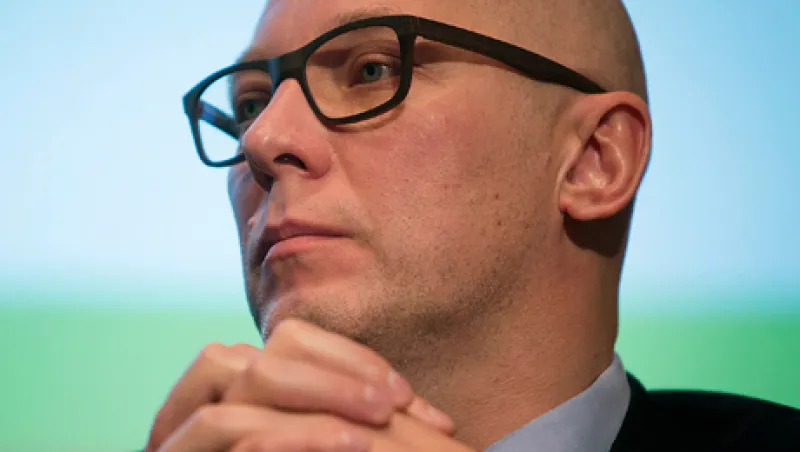
MTS’s Dubovskov Looks to Sustain Growth in Russia’s Mature Mobile Sector
The CEO is selling cheap smartphones to drive data usage and is pushing into banking.
Craig Mellow
July 3, 2013


